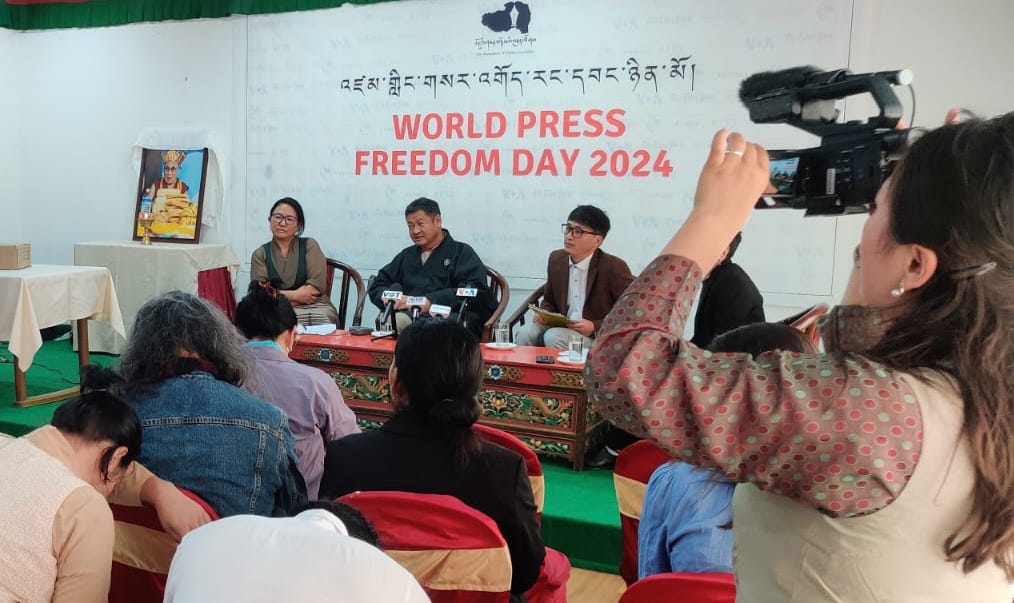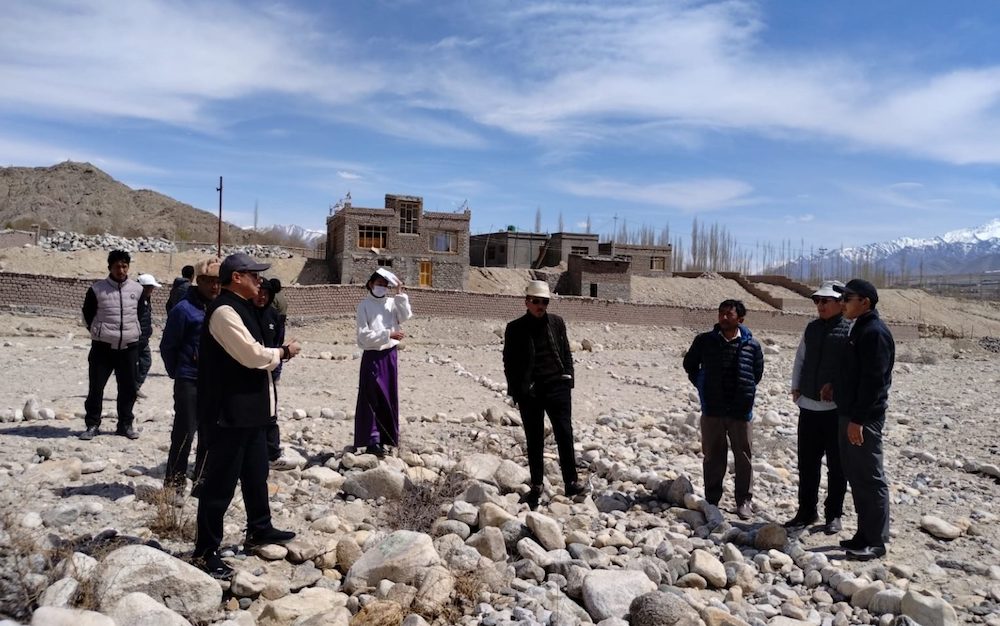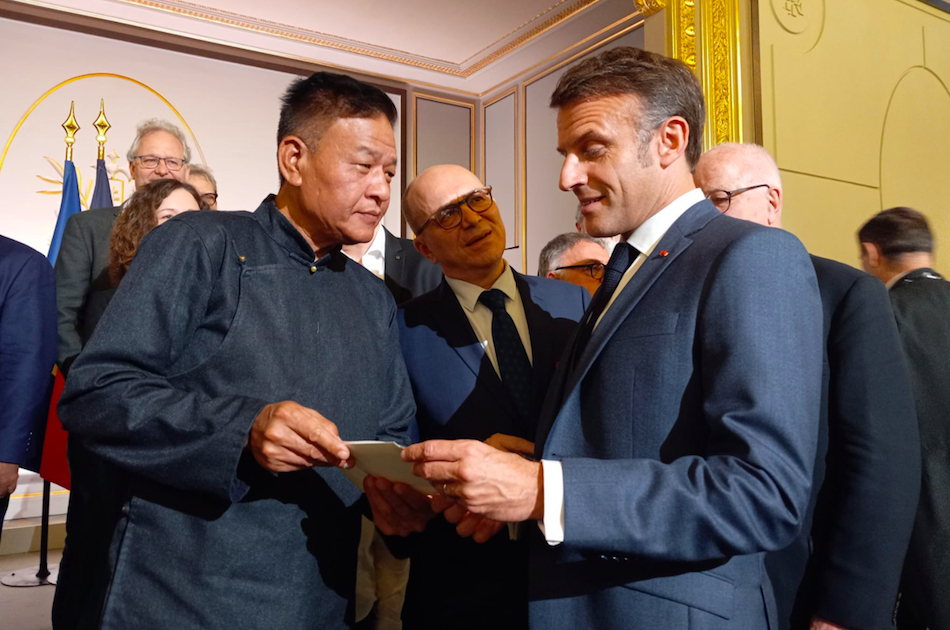By MAHENDRA VED
GANGTOK – Playing host to a large Tibetan population from the other side of the Kanchenjunga, Sikkim has decided to stand behind the Union government in dealing with the delicate issue of who should head the Rumtek Dharma Chakra Centre, the headquarter-in-exile of the Karma Kagyu order of Tibetan Buddhism.
Chief Minister P K Chamling had in the recent past lobbied with the Centre for an early resolution of the issue. But now his uppermost concern is that the monastery, one of the richest of the 500-odd Kagyu centres all over the world, remains peaceful.
With positive signals emanating from Beijing in the wake of defence minister George Fernandes’ talks with the Chinese leadership and the impending visit by Prime Minister Vajpayee, he appears to have adopted a neutral stance so as not to embarrass New Delhi while it talks to Beijing.
“The lamas are fighting. I am concerned about the law and order situation at Rumtek, which I shall maintain at all cost,” Chamling told a media team here.
Conscious of the fallout on the Sino-Indian relations, he says: “I am too small a fry to comment on it. My responsibility as CM of a strategic border state is to abide by the government’s policies.”
An uneasy calm prevails at the monastery, 24 kilometres from here, as it awaits a Karmapa to head it. Security was stepped up after the 9/11 terror attacks in the US and on Parliament in New Delhi on December 13, 2001. A strong CISF posse keeps a watch on the tourists.
The monastery’s secretary says Rumtek is awaiting New Delhi’s decision on the Karmapa. “It is only a matter of time.”
Rumtek has been without a head since 1981 after the 16th Gyalwa Karmapa, Rangjung Rigpe Dorje, who had fled Tibet in 1959, died. The task of Chamling, as also his predecessors, has been made complex by the presence of a contender in Sikkim and factionalism among the regents, split into two groups in 1992 and a year later, engaged in violent clashes at the monastery complex. The state government intervened, stationed armed police and banned entry of the rival contenders.
The arrival of Urgyen Thinley, who fled Tibet in January 2000, has fuelled the decade-long succession row among the Rumtek regents. Chamling, and the Dalai Lama himself, have lobbied for Urgyen Thinley, who now lives in Dharamshala. But New Delhi would like to ensure that he is not a “Chinese agent”, as alleged in some quarters.
There have been reports of the twin issue figuring alongside an Sino-Indian understanding on Sikkim’s merger during the Vajpayee visit. When Vajpayee came here last month, the Rumtek issue did figure. Representations were also made. But the PM, officials here say, maintained a studied silence. It is far from clear whether his Beijing visit would prove conclusive on this score.









